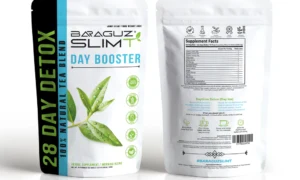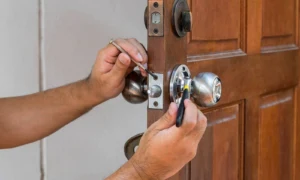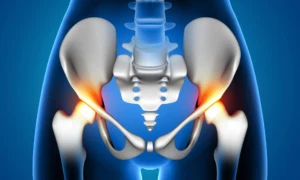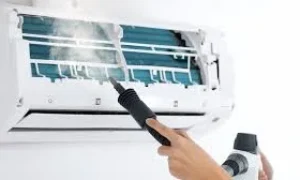In a rapidly changing world where environmental concerns are paramount, industries are increasingly looking for innovative and sustainable solutions to address the challenges of energy consumption and greenhouse gas emissions. The refrigeration industry is no exception. As we embrace a future with a heightened focus on sustainability, the quest for eco-friendly and energy-efficient cooling solutions has become more crucial than ever.
Challenges of Conventional Refrigerants
Traditional refrigerants, known as hydrofluorocarbons (HFCs), have been the go-to choice for cooling systems for decades. However, they have a significant drawback – their high global warming potential. HFCs contribute to the depletion of the ozone layer and have a considerable impact on climate change. The urgent need to reduce these harmful emissions, while addressing important questions like “how cold should a refrigerator be,” has paved the way for a revolution in refrigeration technology.
The Rise of Natural Refrigerants
Natural refrigerants, such as ammonia, carbon dioxide (CO2), and hydrocarbons, are gaining traction as viable alternatives to HFCs. These refrigerants have minimal or zero ozone depletion potential and significantly lower global warming potential. They provide a sustainable option for cooling systems while minimizing their impact on the environment.
Ammonia, a long-standing natural refrigerant used in industrial applications, offers excellent thermodynamic properties and is highly energy-efficient. Carbon dioxide, often used in commercial refrigeration, is a particularly attractive option due to its low environmental impact. Hydrocarbons, such as propane and isobutane, are becoming popular in domestic refrigeration, offering impressive energy efficiency and negligible environmental harm.
Energy Efficiency and Green Design
The future of refrigeration goes beyond just the refrigerants; it encompasses the entire design and energy efficiency of cooling systems. Manufacturers are focusing on creating refrigerators that consume less energy, optimizing energy consumption without compromising on performance. Smart technologies, such as adaptive cooling, can adjust cooling levels based on usage patterns, helping to answer the question of “how many amps does a refrigerator use” and ensuring efficient operation.
Additionally, green design principles are being integrated into refrigeration units. Better insulation, improved door seals, and the use of recycled materials reduce energy loss and minimize the carbon footprint of production.
Smart Refrigerators for a Sustainable Lifestyle
Smart refrigerators are playing a vital role in sustainable living. These intelligent appliances not only optimize cooling and energy use but also assist users in minimizing food waste. Many smart refrigerators, equipped with features like inventory tracking, expiration date notifications, and meal planning, offer valuable insights on “how to organize refrigerator.” These capabilities empower consumers to make environmentally conscious decisions, reducing food wastage and, by extension, the strain on natural resources
The Future in Your Hands
As consumers, we have the power to shape the future of refrigeration by making informed choices. When purchasing a new refrigerator, consider models that use natural refrigerants, have high energy-efficiency ratings, and come with smart features to help reduce food waste. Proper maintenance, such as cleaning coils, keeping door seals intact, and regular check-ups, ensures your refrigerator operates optimally, extending its lifespan and minimizing its environmental impact. The future of refrigeration is a future of sustainable cooling solutions. From natural refrigerants to energy-efficient design and smart technologies, the refrigeration industry is evolving to align with our global commitment to a







































